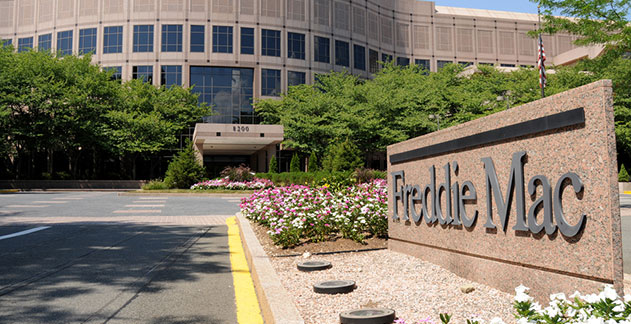Even troubled mortgages deserve a second chance, according to the latest Securitized Products Weekly report from Barclays.
According to structured finance analysts, "as part of an initiative to enhance the liquidity of its retained portfolio, Freddie Mac is starting securitization programs for current modified loans and re-instated loans."
The Barclays analysts note, between the government-sponsored enterprises, there remains $500 billion in illiquid loans, most held by Fannie Mae. $200 billion is classified as troubled debt restructuring, but not seriously delinquent.
"These are loans for which a concession has been granted to the borrower and generally include modifications, repayment plans and forbearance agreements," the report states.
The GSEs accumulated this debt primarily through the repurchase requirements from pass-throughs they guaranteed. Many of the loans have already been subject to various levels of loss mitigation in order to become reperforming.
"Given the FHFA’s regulatory requirement for the GSEs to reduce their retained portfolio by 15% per annum, we expect the GSEs increasingly to focus on finding alternative ways to decrease their retained portfolio balances," write analysts Sandipan Deb, Wei-Ang Lee and Nicholas Strand.
By its nature, securitization removes the collateral from the balance sheet, making these so-called "M pools" an attractive alternative. The mortgage must be reperforming for at least six months to be eligible.
In time, Freddie Mac will develop two more methods for the pooling of re-performing loans.
The "R pool" program will exclude modified mortgages, focusing on borrowers who received forbearances. Also there will be the "H pool" program that will focus on HAMP mods.
Freddie Mac did not immediately respond to verify the Barclays report. However, this type of transaction is not new to Freddie Mac, but the Barclays analysts clarify "We expect these pools to have a fairly unique set of default, refinancing, and turnover characteristics," when compared to earlier deals.





